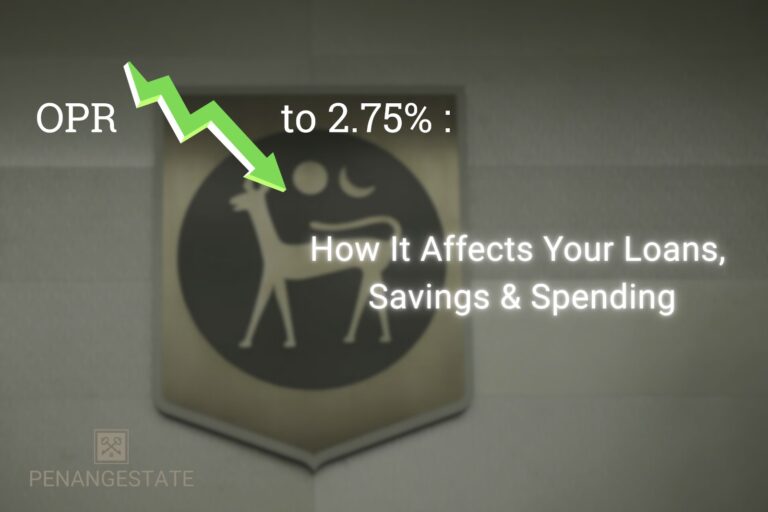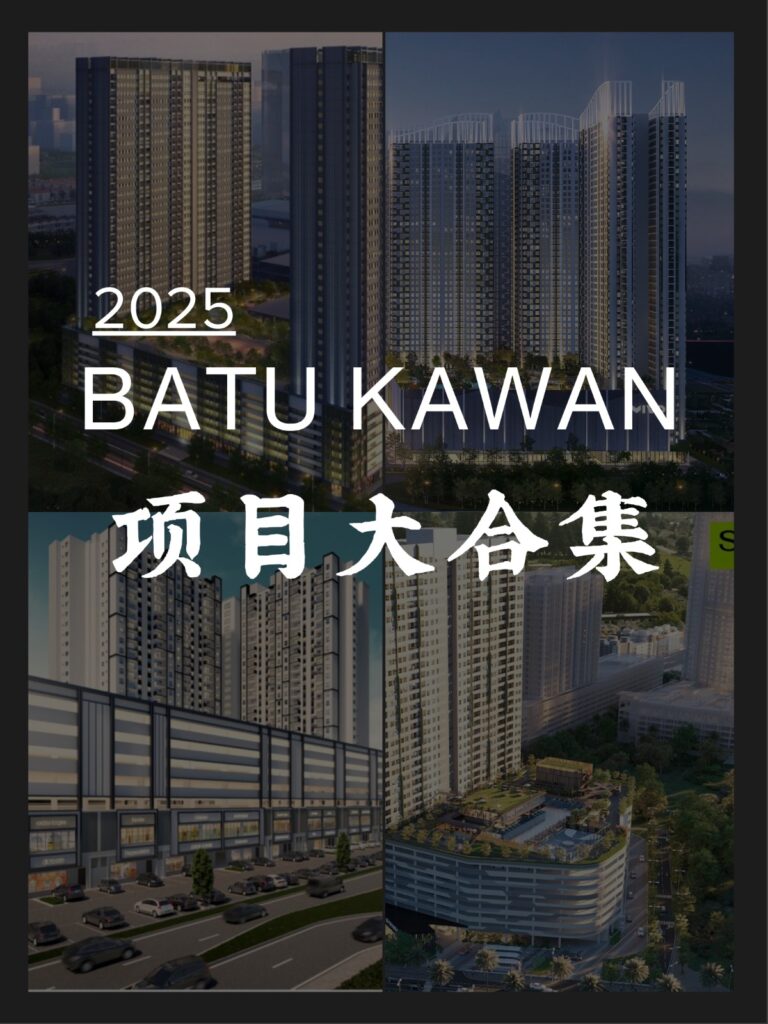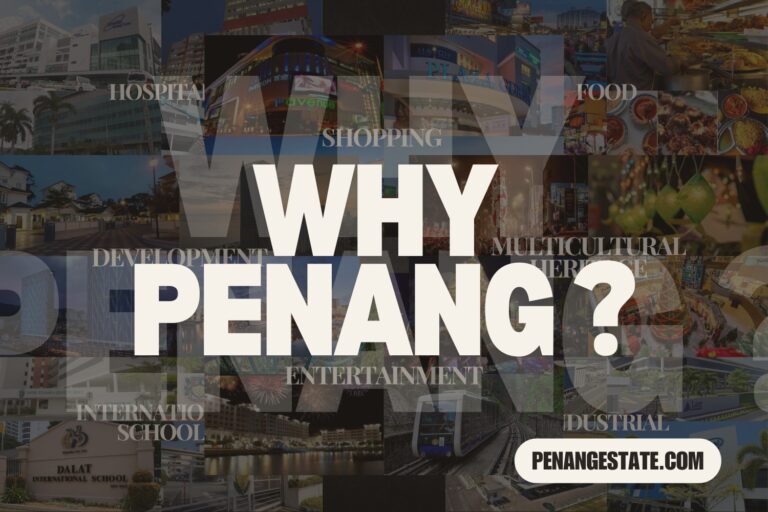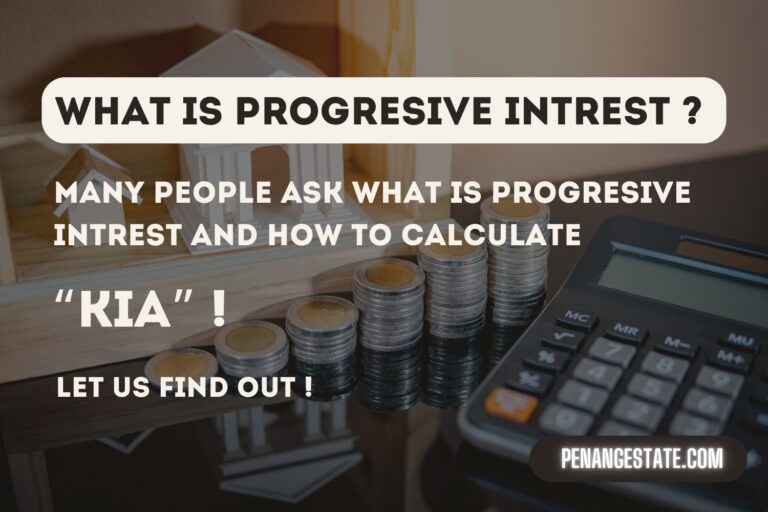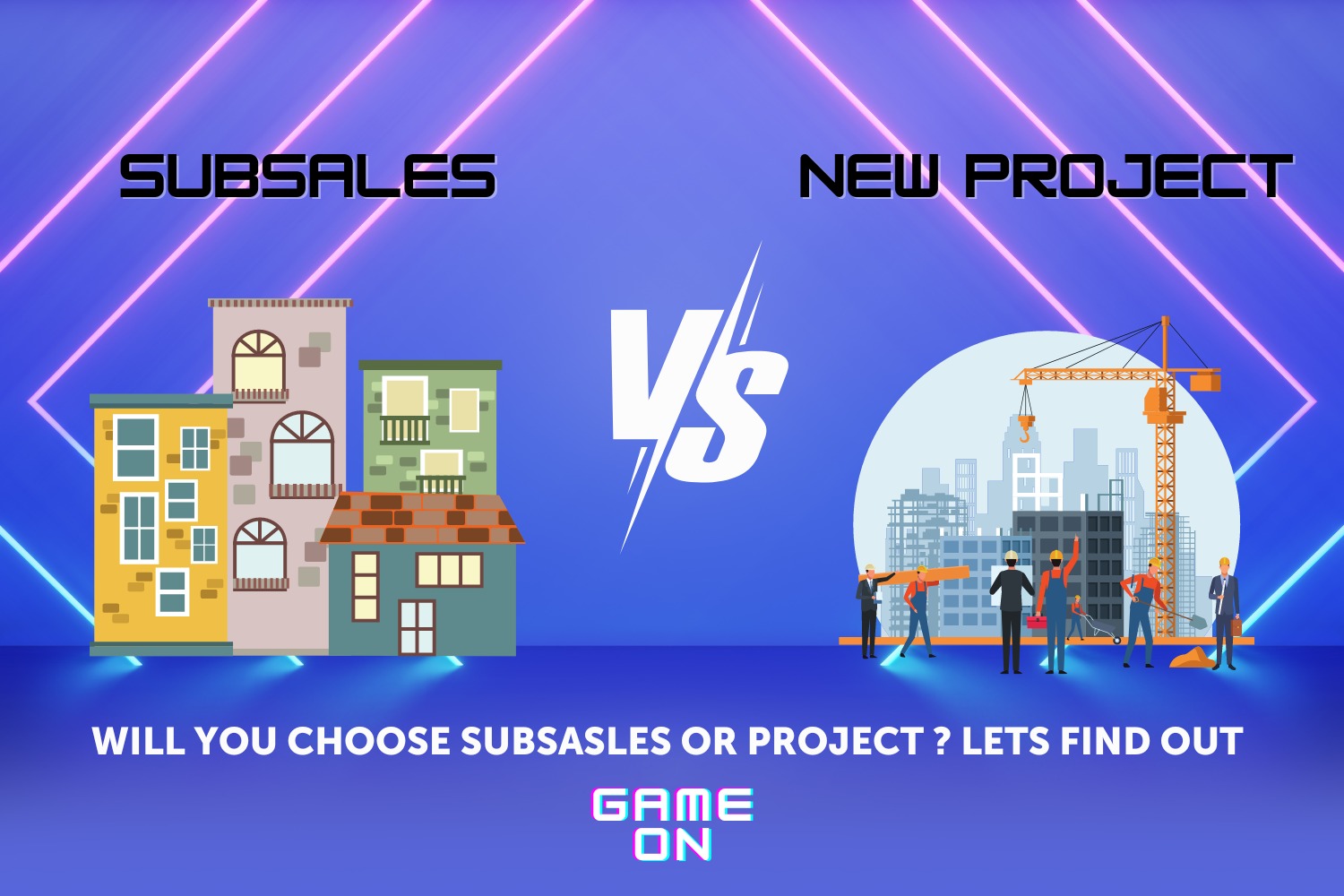
Should you choose a new launch property or subsale
1. What is New Launch Property / sub sale
Subsales (Resale)
1. Definition: Subsales refer to the sale of a property that has already been purchased by its first owner and is being sold again, often by an individual or a company.
2. Ownership: The property is previously owned, whether occupied or unoccupied.
3. Condition: Typically, the property is already completed and may have been used or is secondhand.
4. Price: Prices can vary depending on the market, location, and condition of the property. There might be room for negotiation based on property age or condition.
5. Legal/Fees: Subsales may involve different fees, such as stamp duty, legal fees, and agent commissions.
New Property (Project)
1. Definition: A new project refers to property sold directly by developers, often during pre-construction or in the early phases of development.
2. Ownership: Buyers are the first owners of the property, purchasing it directly from the developer.
3. Condition: The property is usually sold off-plan (before it is built) or during construction. Buyers may need to wait for the completion.
4. Price: New projects often come with developer incentives, early-bird discounts, or promotional packages.
5. Legal/Fees: Depending on the region, buying from a new project may involve fewer initial capital than subsales, as developers might cover some costs like legal fees or stamp duties.
Summary
- Subsales involve already-built properties being resold .
- New projects are typically off-plan or under construction properties sold by developers.
2. Pros & Cons for sub sale
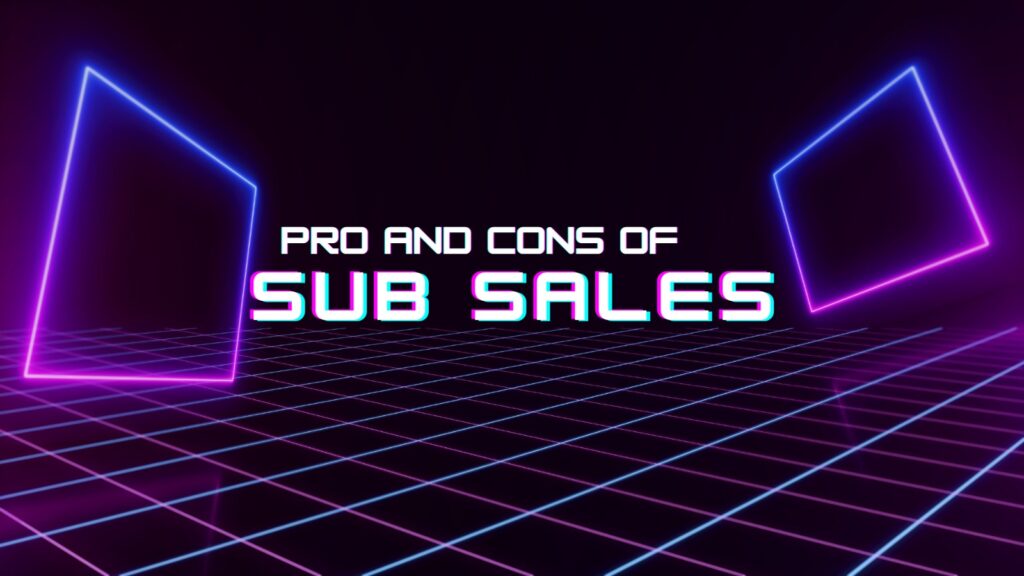
Pros of a Subsale Property:
1. Immediate Availability: Move in or rent out right after purchase.
2. Established Neighborhood: Mature areas with developed infrastructure and amenities.
3. Clear Market Value: Price reflects current market conditions, easy to assess value.
4. Potential for Negotiation: Room for price negotiation with motivated sellers.
5. Tried and Tested: Assess construction quality and wear before buying.
6. Faster ROI: Generate rental income immediately.
Cons of a Subsale Property:
1. Older Property and Wear: Possible outdated fixtures and aging materials.
2. Less Customisation: Limited ability to alter layout and design.
3. Higher Maintenance Costs: Potential repairs for plumbing, electrical, etc.
4. Potential Legal Complications: Risk of disputes or unpaid taxes from previous owners.
5. Limited Modern Amenities: May lack smart home features and energy efficiency.
6. Less Capital Appreciation: Potentially lower appreciation compared to new developments.
Costs Associated with a Subsale Property:
- Purchase Price: Generally negotiable based on market conditions.
- Legal Fees: Typically 1% to 2% of the purchase price.
- Stamp Duty: Ranges from 1% to 3% (or more) based on property price.
- Real Estate Agent Fees: Usually around 2% to 3% of the property price.
- Renovation and Repair Costs: Potential significant additional costs for updates.
- Maintenance Fees: Monthly fees if within a strata-titled development.
- Home Inspection Costs: Recommended to ensure structural integrity.
- Property Taxes: Ongoing taxes based on location and property value.
Summary
- Pros: Immediate move-in, established location, clear pricing, potential rental income, negotiation flexibility.
- Cons: Possible repairs needed, limited customization, legal issues, older property drawbacks.
- Costs: Include purchase price, legal fees, stamp duty, agent fees, renovation costs, maintenance fees, inspection costs, and property taxes.
Balancing these factors will aid in making an informed decision about purchasing a subsale property.
3. Pros & Cons for new project
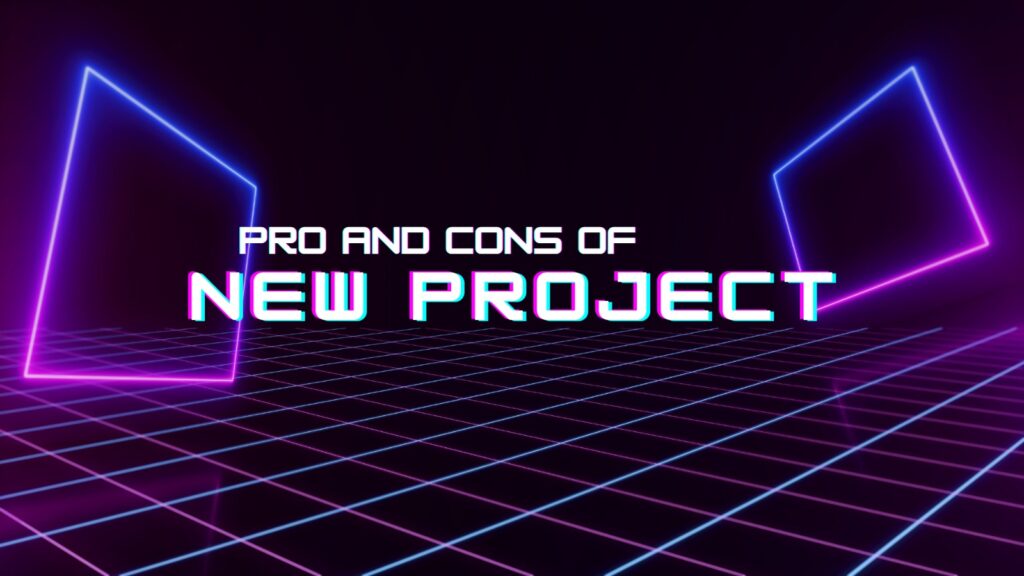
Pros of a New Property Project:
- Brand-New Condition: Modern and unused, reducing immediate repair needs.
- Modern Design and Features: Contemporary layouts, energy-efficient appliances, smart home technologies.
- Customization Options: Flexibility to choose finishes and layouts during construction.
- Developer Incentives: Promotions like discounts, free legal fees, or zero down payments.
- Higher Potential for Capital Appreciation: Significant appreciation in developing areas.
- Lower Maintenance Costs Initially: New properties generally require less maintenance.
- Warranties and Guarantees: Protection against defects during the warranty period.
- Compliance with Latest Regulations: Built to current safety and energy standards.
Cons of a New Property Project:
- Waiting Period: Long wait (4years) for completion.
- Uncertainty in Quality: Reliance on developer promises; risk of unmet expectations.
- Limited Negotiation Power: Prices are generally fixed with little room for negotiation.
- Common Project Delays: Construction issues may lead to delays and additional costs.
- Limited Immediate Income Potential: Delayed ROI as rental is not possible until completion.
- Unknown Future Community: Uncertainty about future neighbors and community dynamics.
Costs Associated with a New Property Project:
- Purchase Price: Often lower in developing areas, especially for early buyers.
- Booking/Down Payment: Typically a minimum of 10%, with some programs requiring less.
- Legal Fees: Buyers often pay for their own legal representation (1% to 2% of property price).
- Stamp Duty: Usually 1% to 4% of the property price; some developers may cover this.
- Furnishing Costs: Budget needed for furniture, appliances, and essentials if sold bare or semi-furnished.
- Mortgage or Interest Costs: Interest may accrue during construction if progress payments are made.
Summary
- Pros: New condition, modern features, customization, high appreciation potential, lower initial maintenance.
- Cons: Long wait, quality uncertainty, limited negotiation, potential delays, and community unpredictability.
- Costs: Include purchase price, booking fees, progressive payments, legal fees, stamp duty, and furnishing costs.
New property projects offer modern living with potential appreciation, but they come with risks of delays and uncertainty in the developing area.
More Project
The Crown
More InfosMoulmein Rise
More infoLumina Residence
More infoJesselton Courtyard
More infoMore New Project
More info
Previous slide
Next slide
More Property Infos
OPR Reduced to 2.75%: How It Affects Loans, Savings & Spending
What is the fees that need to pay while rent a property in
What is mortgage loan should we know?
Know more about the SPA, Stamp Duty Malaysia, and Legal Fees for Property Purchase in 2024
What is The progressive interest? How much they collect the interest?

